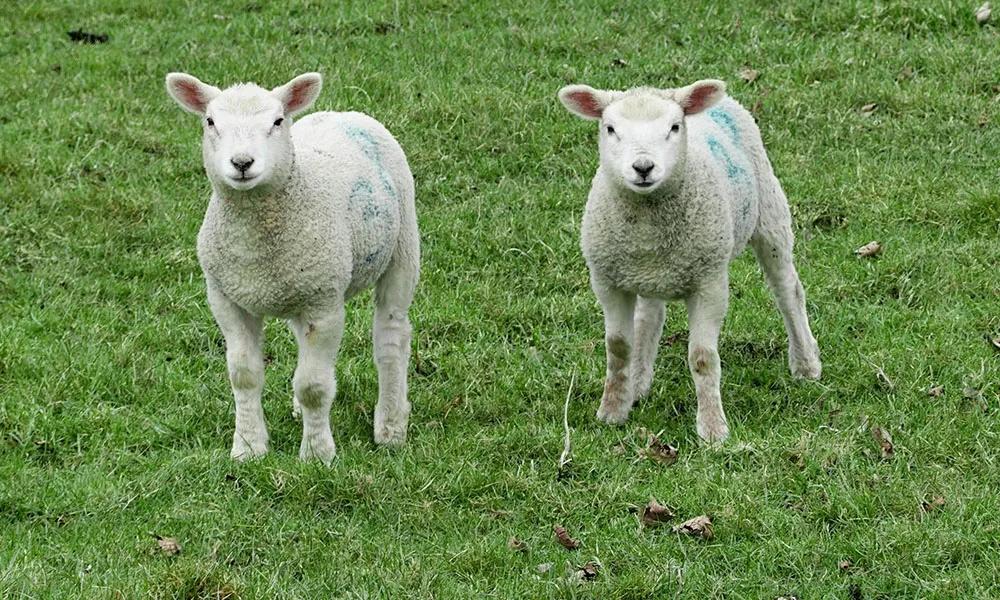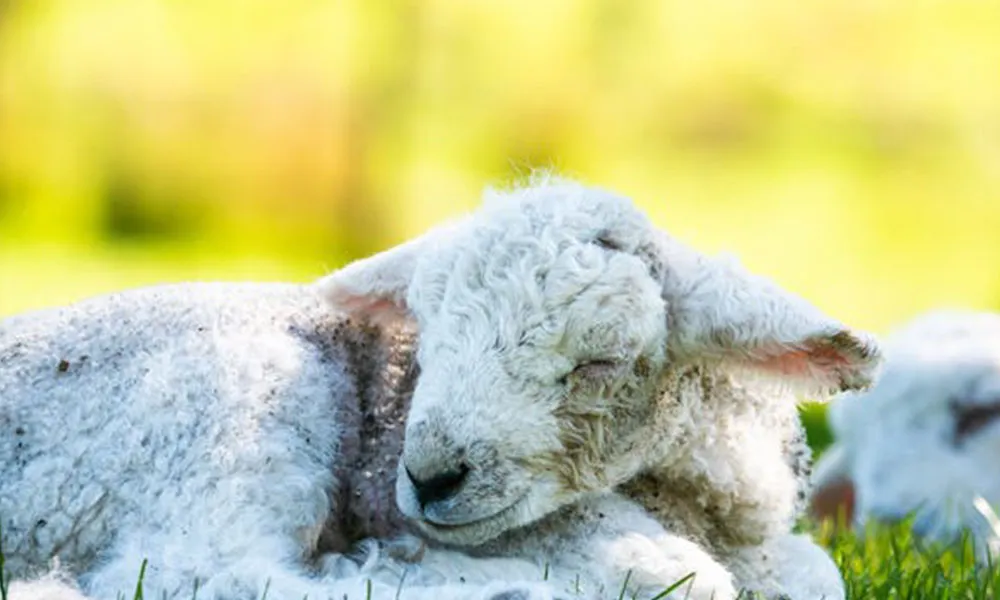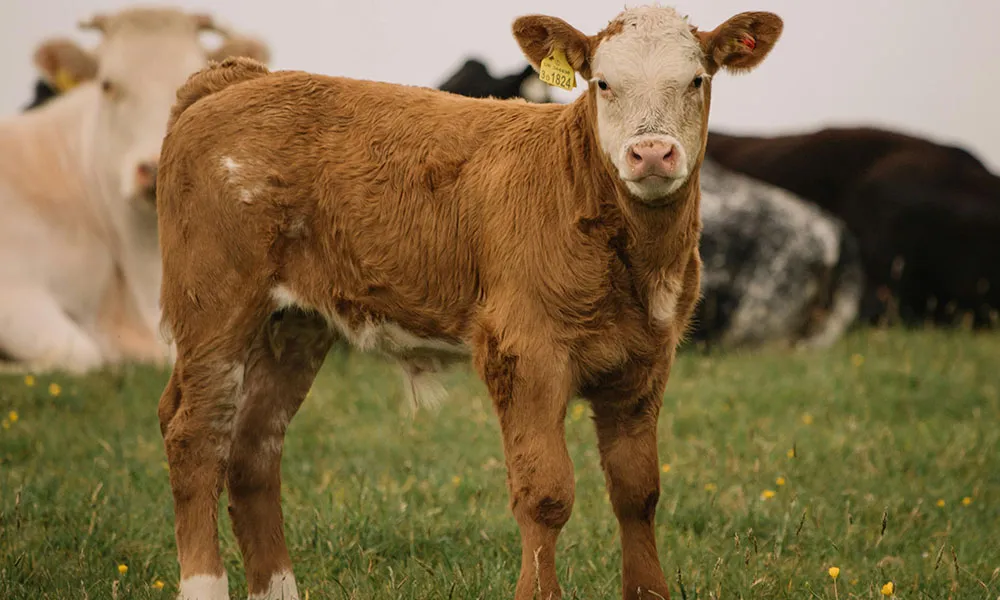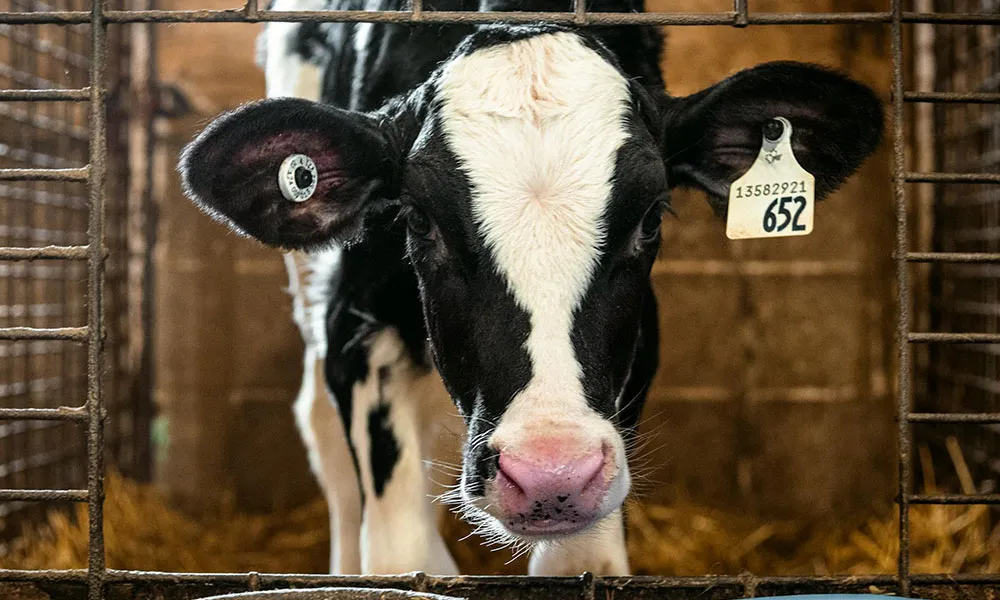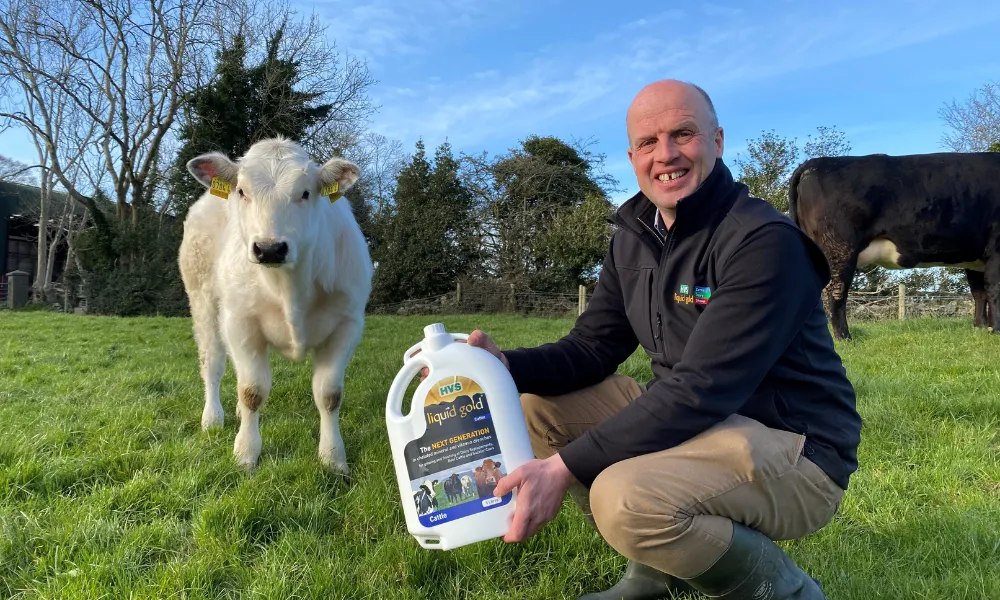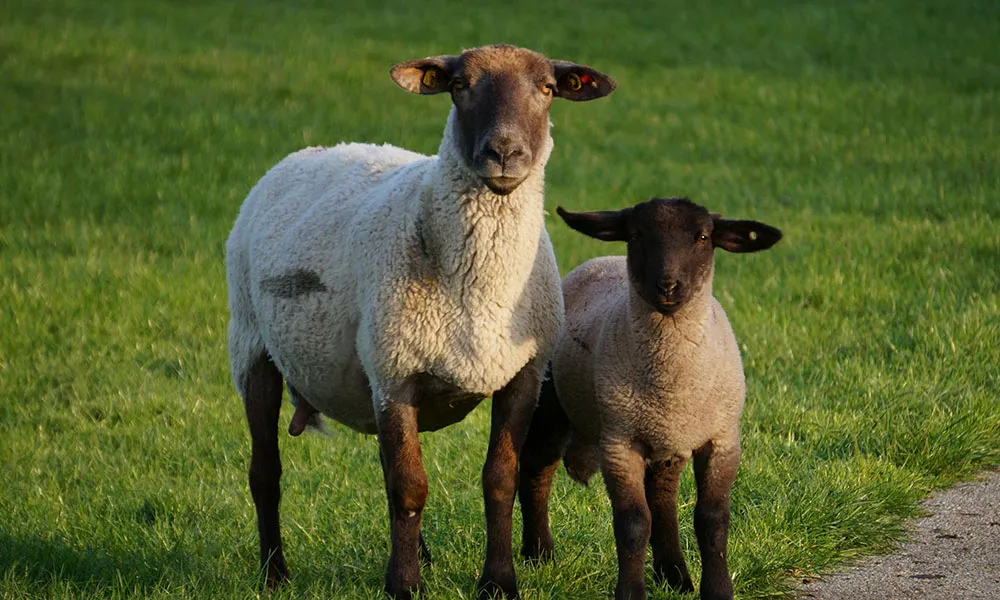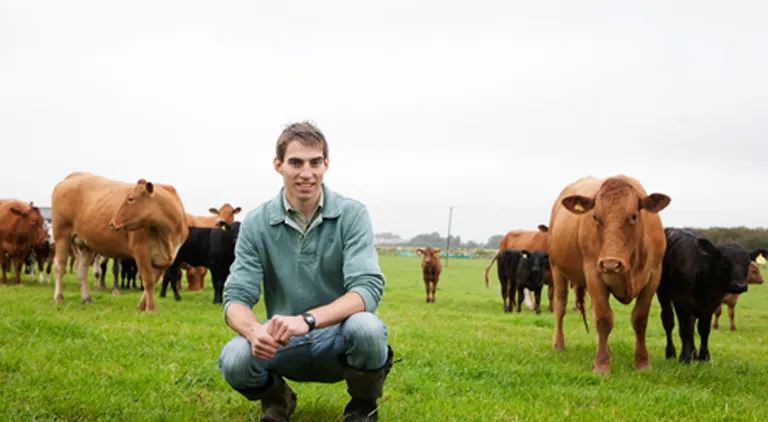
The Government state that they want to get more young people farming.
By eliminating stamp duty and incentivising long term leasing of land to young trained farmers they hope to change the age profile of the industry. There are some problems with this however.
The profits on farming are so small that farmers have to produce more and more to earn enough to even give themselves a proper wage. Added to this, Common Agricultural Policy (CAP) payments are currently based on the amount of land you farm.
As a result, farmers need to keep expanding their enterprises to make these payments work for them and to make meaningful profits. This means there is so much competition for land between existing farmers, that young people face difficulties, despite the extra incentives.
In reality, they are faced with the issue of having to come up with large sums of money in order to buy land to farm.
To do this, they are may need to take out loans, and face repayments with an uncertain farm wage.
This is not appealing to young farmers, who are trying to settle down or buy a home.
After all that, you still need to get livestock or seed and maybe build some farm buildings, while hoping that you can scrape some profit from it at the end of the year to pay the interest.
The best option seems to be renting land, but unfortunately even with the added incentives in place, land to lease is scarce.
A simple search on daft.ie resulted in a single page of results for agricultural land to rent throughout the whole country today (20/10/17), with most of it only small holdings that would struggle to make much of a return; A bleak picture for the young trained farmer.
To start a farm from scratch as a young farmer is pretty much impossible for most.
This leaves the option of working the family farm with the parents.
But, this scenario poses its own problems.
To start with, there are very few farms that will generate enough income to support two wages.
Even those farms which we consider big and profitable may be in hidden debt due to the costs of expansion to become a “Big Farm”. (Some farmers I know are even advising their children not to take over the family farm, as they know that all their taking on is a mountain of debt!)
The average small holding will certainly not sustain two living wages, even if it is more likely to be free of debt.
As a result, “Young Trained Farmers” have also to be young trained in other careers too, in order to make a living.
Even if they would dearly love to be a full time farmer, it’s just not feasible for most young people.
They must make do with being evening and weekend farmers; hobby farmers.
And if you are one of these, you risk being criticised and penalised by the government for not being a “Productive farmer.”
The government offering incentives for young farmers to farm, while at the same time giving a world of reasons to not!
On top of all this you have to battle ever worsening weather conditions year on year; the uncertainty of Brexit, and for beef and sheep farmers, a market that’s completely at the mercy of a few factories.
Once you look at the whole picture, it’s fairly simple to see why a lot of young people are deciding to give up on their farming dreams altogether. The government’s plan to get land into younger hands isn’t working, because although farming seems attractive to many, it’s almost as impractical a career choice as the arts; offering just as few opportunities.
Even if the wage was on par with other careers, the time and work required, lack of holiday time, health insurance or pension schemes, added to the fact that is the most dangerous job in the country in terms of accidents, make it a very unrealistic option for young people.
Perhaps legislation similar to that proposed in France recently, where by the price of produce will be linked to the cost of production, could be a way forward if we want to get young people farming again. This could increase profits on farms and make them more viable without having to increase the size of holdings to unmanageable sizes.
This might leave a bit less work for young farmers to earn a wage, a start in the right direction at least.
RGA




